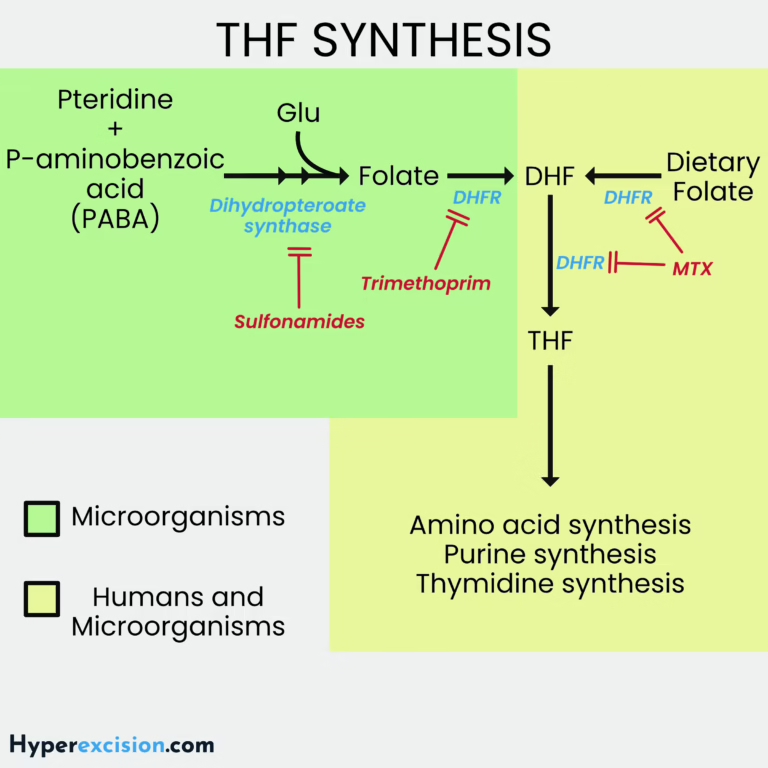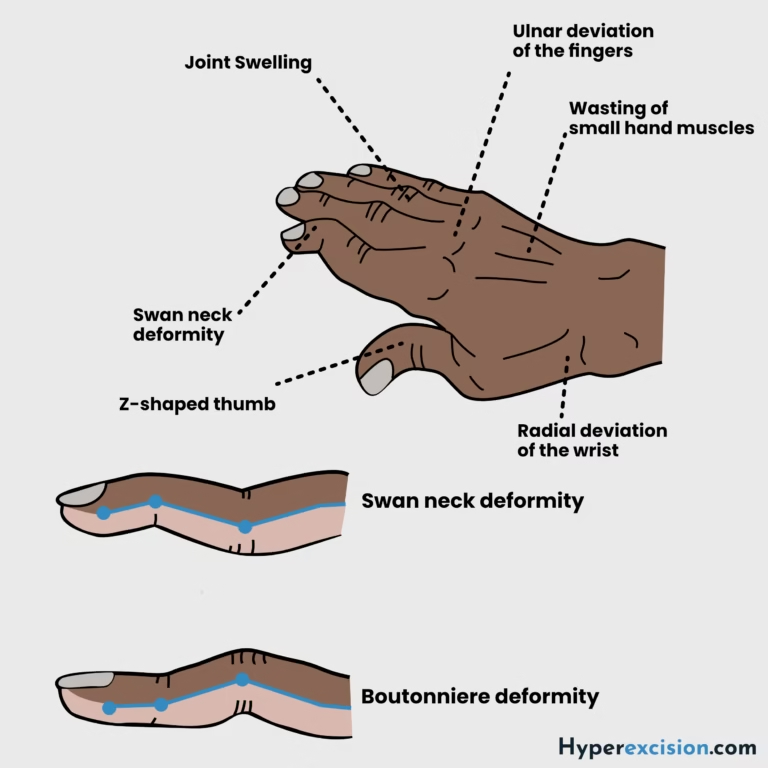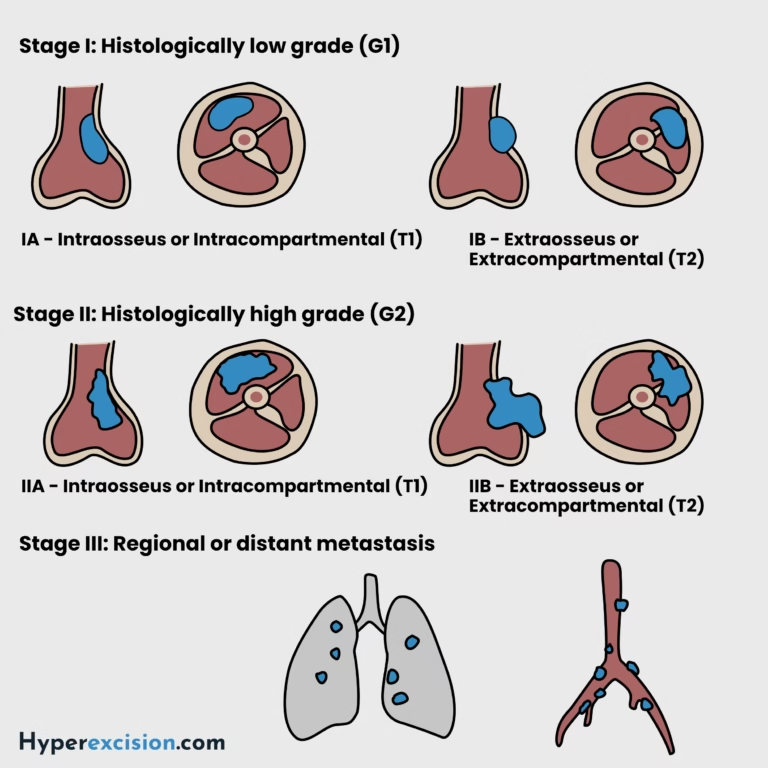Purines and Purine Metabolism

Overview Purines are nitrogen-containing heterocyclic bases that form part of nucleotides. They have a double-ring structure (6-membered ring fused to a 5-membered ring) Precursors for de novo purine ring synthesis Precursor Contribution Glycine C4, C5, N7 Glutamine N3, N9 Aspartate…




